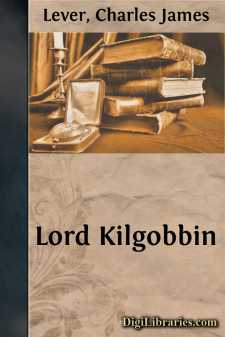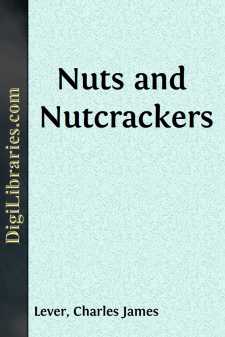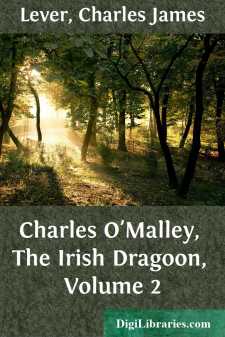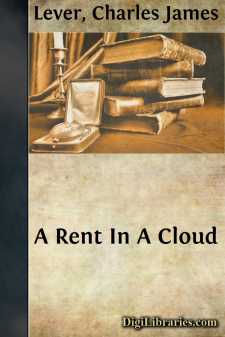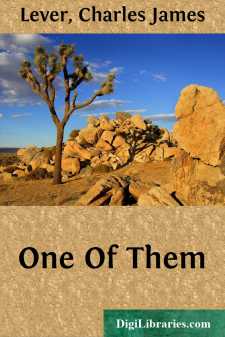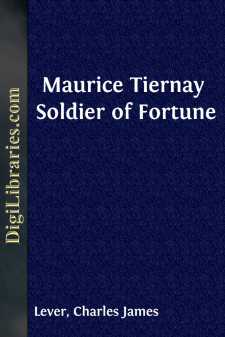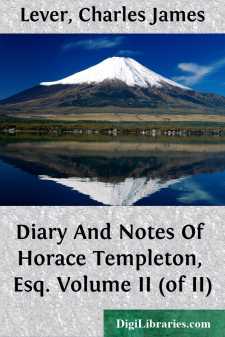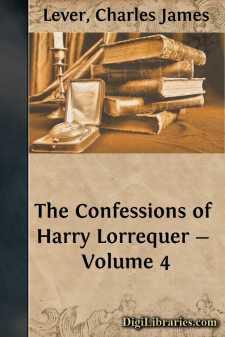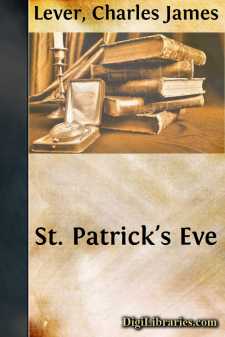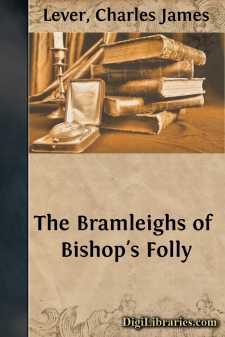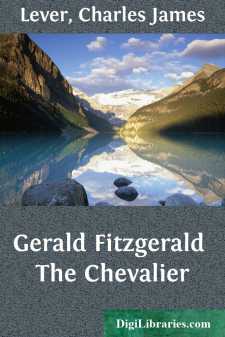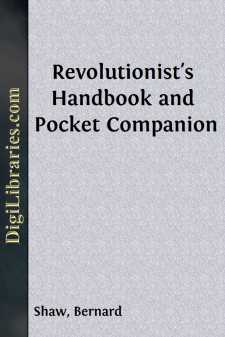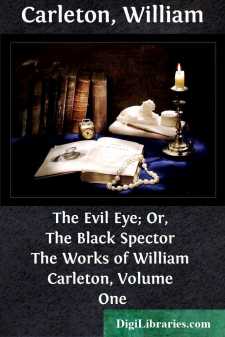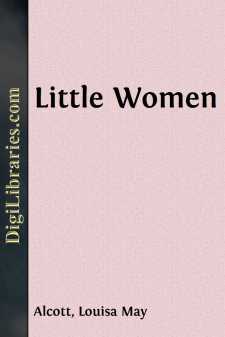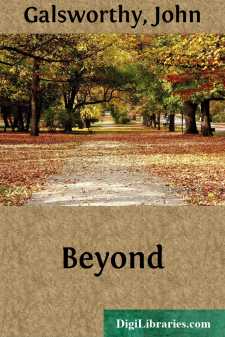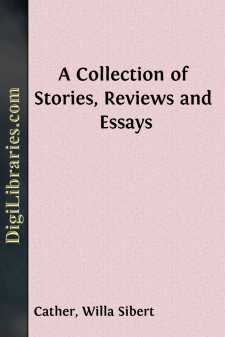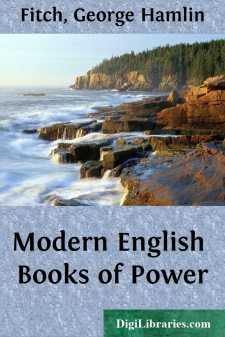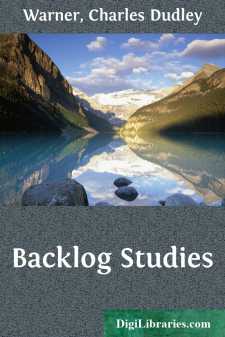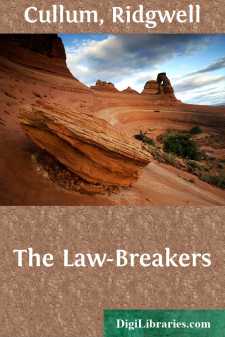Categories
- Antiques & Collectibles 13
- Architecture 36
- Art 48
- Bibles 22
- Biography & Autobiography 813
- Body, Mind & Spirit 142
- Business & Economics 28
- Children's Books 15
- Children's Fiction 12
- Computers 4
- Cooking 94
- Crafts & Hobbies 4
- Drama 346
- Education 46
- Family & Relationships 57
- Fiction 11828
- Games 19
- Gardening 17
- Health & Fitness 34
- History 1377
- House & Home 1
- Humor 147
- Juvenile Fiction 1873
- Juvenile Nonfiction 202
- Language Arts & Disciplines 88
- Law 16
- Literary Collections 686
- Literary Criticism 179
- Mathematics 13
- Medical 41
- Music 40
- Nature 179
- Non-Classifiable 1768
- Performing Arts 7
- Periodicals 1453
- Philosophy 64
- Photography 2
- Poetry 896
- Political Science 203
- Psychology 42
- Reference 154
- Religion 513
- Science 126
- Self-Help 84
- Social Science 81
- Sports & Recreation 34
- Study Aids 3
- Technology & Engineering 59
- Transportation 23
- Travel 463
- True Crime 29
Lord Kilgobbin
Categories:
Description:
Excerpt
CHAPTER I
KILGOBBIN CASTLE
Some one has said that almost all that Ireland possesses of picturesque beauty is to be found on, or in the immediate neighbourhood of, the seaboard; and if we except some brief patches of river scenery on the Nore and the Blackwater, and a part of Lough Erne, the assertion is not devoid of truth. The dreary expanse called the Bog of Allen, which occupies a tableland in the centre of the island, stretches away for miles—flat, sad-coloured, and monotonous, fissured in every direction by channels of dark-tinted water, in which the very fish take the same sad colour. This tract is almost without trace of habitation, save where, at distant intervals, utter destitution has raised a mud-hovel, undistinguishable from the hillocks of turf around it.
Fringing this broad waste, little patches of cultivation are to be seen: small potato-gardens, as they are called, or a few roods of oats, green even in the late autumn; but, strangely enough, with nothing to show where the humble tiller of the soil is living, nor, often, any visible road to these isolated spots of culture. Gradually, however—but very gradually—the prospect brightens. Fields with inclosures, and a cabin or two, are to be met with; a solitary tree, generally an ash, will be seen; some rude instrument of husbandry, or an ass-cart, will show that we are emerging from the region of complete destitution and approaching a land of at least struggling civilisation. At last, and by a transition that is not always easy to mark, the scene glides into those rich pasture-lands and well-tilled farms that form the wealth of the midland counties. Gentlemen's seats and waving plantations succeed, and we are in a country of comfort and abundance.
On this border-land between fertility and destitution, and on a tract which had probably once been part of the Bog itself, there stood—there stands still—a short, square tower, battlemented at top, and surmounted with a pointed roof, which seems to grow out of a cluster of farm-buildings, so surrounded is its base by roofs of thatch and slates. Incongruous, vulgar, and ugly in every way, the old keep appears to look down on them—time-worn and battered as it is—as might a reduced gentleman regard the unworthy associates with which an altered fortune had linked him. This is all that remains of Kilgobbin Castle.
In the guidebooks we read that it was once a place of strength and importance, and that Hugh de Lacy—the same bold knight 'who had won all Ireland for the English from the Shannon to the sea'—had taken this castle from a native chieftain called Neal O'Caharney, whose family he had slain, all save one; and then it adds: 'Sir Hugh came one day, with three Englishmen, that he might show them the castle, when there came to him a youth of the men of Meath—a certain Gilla Naher O'Mahey, foster-brother of O'Caharney himself—with his battle-axe concealed beneath his cloak, and while De Lacy was reading the petition he gave him, he dealt him such a blow that his head flew off many yards away, both head and body being afterwards buried in the ditch of the castle.'
The annals of Kilronan further relate that the O'Caharneys became adherents of the English—dropping their Irish designation, and calling themselves Kearney; and in this way were restored to a part of the lands and the castle of Kilgobbin—'by favour of which act of grace,' says the chronicle, 'they were bound to raise a becoming monument over the brave knight, Hugh de Lacy, whom their kinsman had so treacherously slain; but they did no more of this than one large stone of granite, and no inscription thereon: thus showing that at all times, and with all men, the O'Caharneys were false knaves and untrue to their word.'
In later times, again, the Kearneys returned to the old faith of their fathers and followed the fortunes of King James; one of them, Michael O'Kearney, having acted as aide-de-camp at the 'Boyne,' and conducted the king to Kilgobbin, where he passed the night after the defeat, and, as the tradition records, held a court the next morning, at which he thanked the owner of the castle for his hospitality, and created him on the spot a viscount by the style and title of Lord Kilgobbin....


